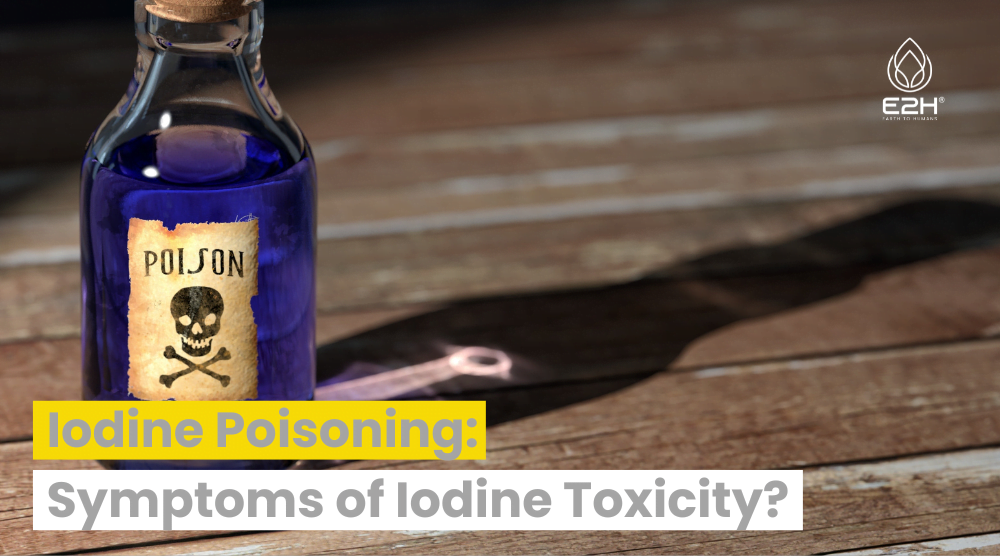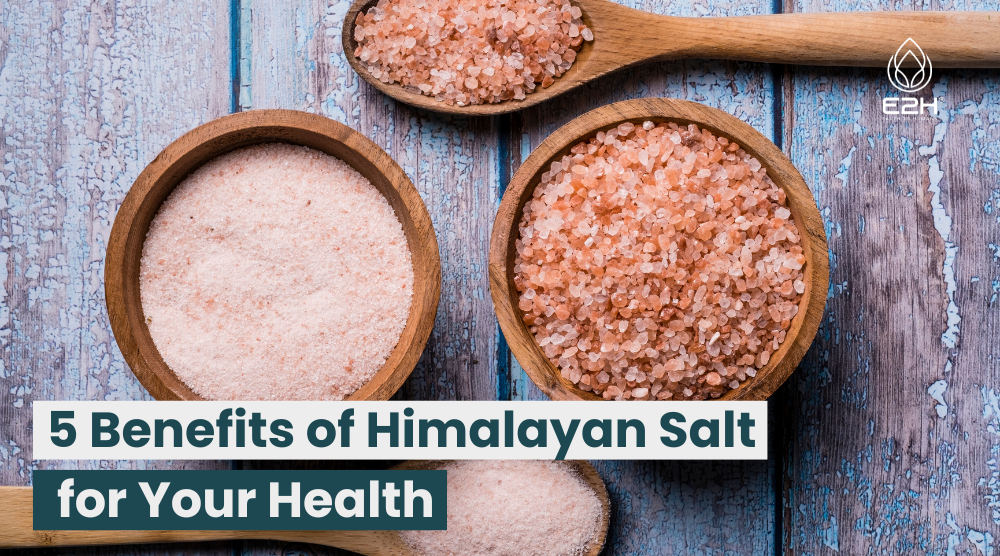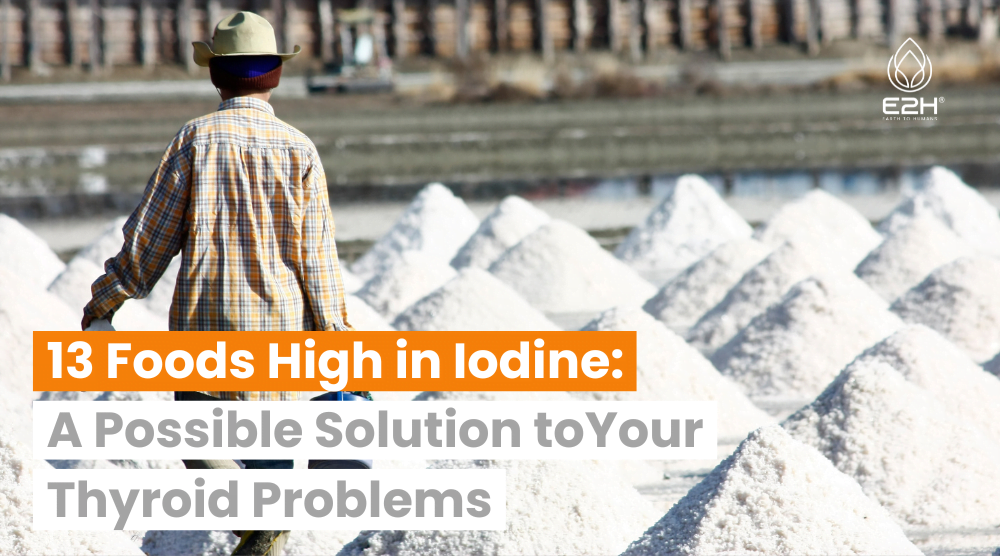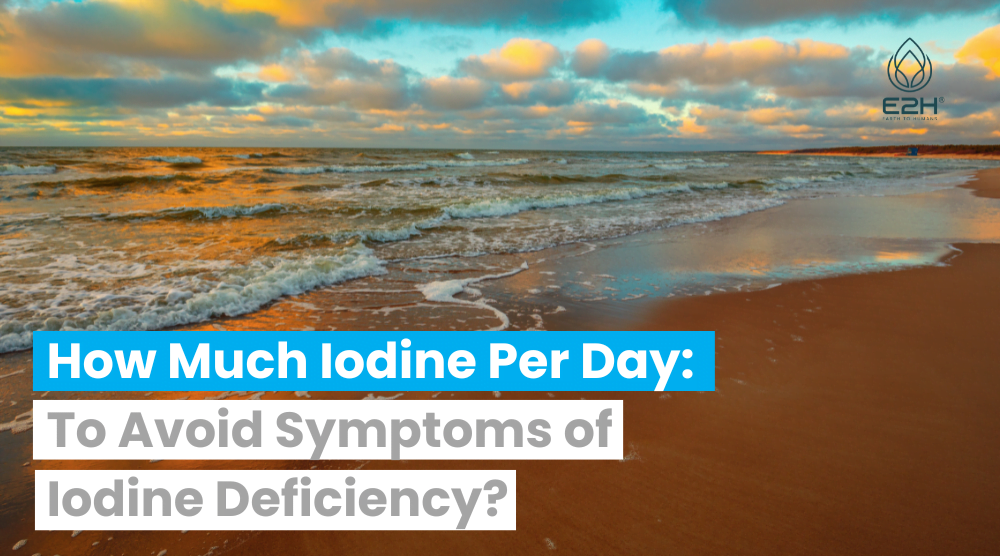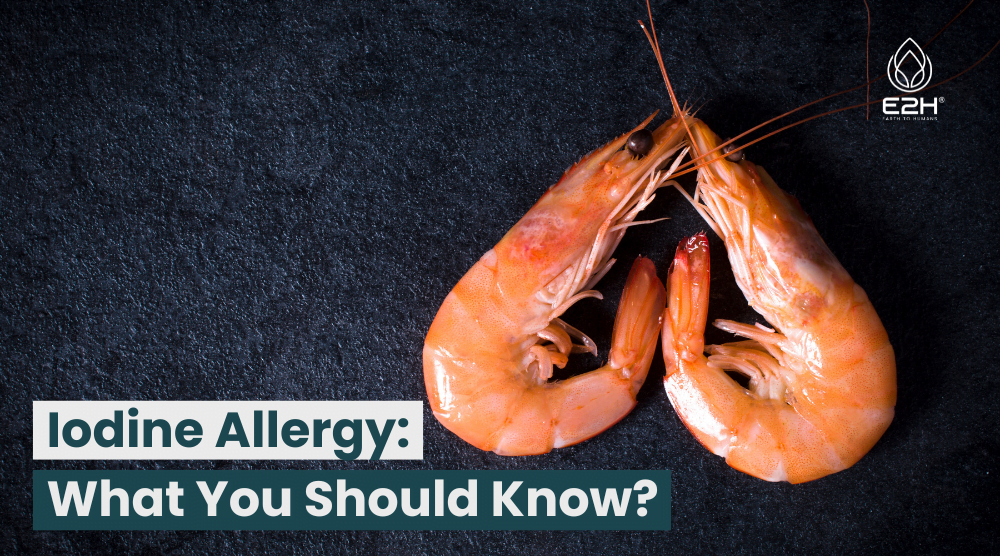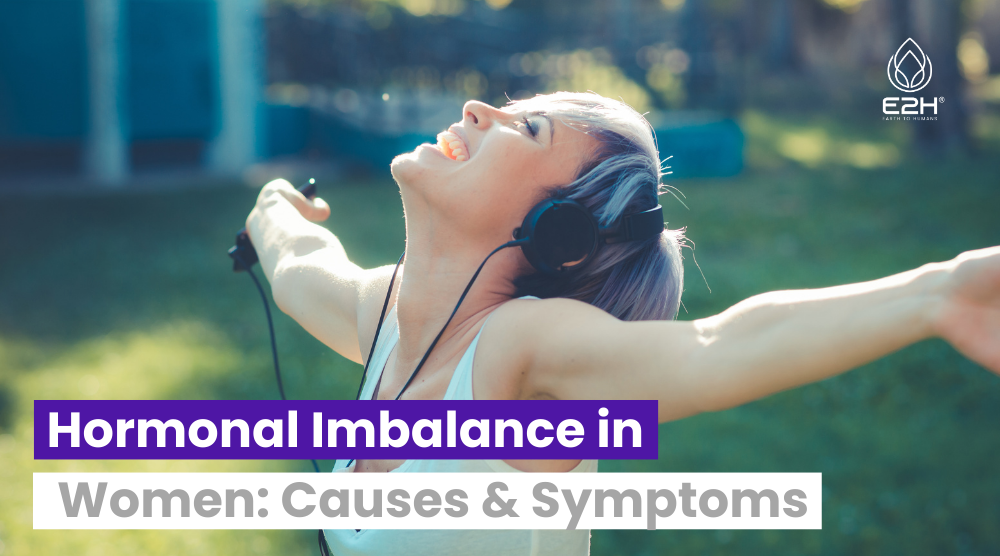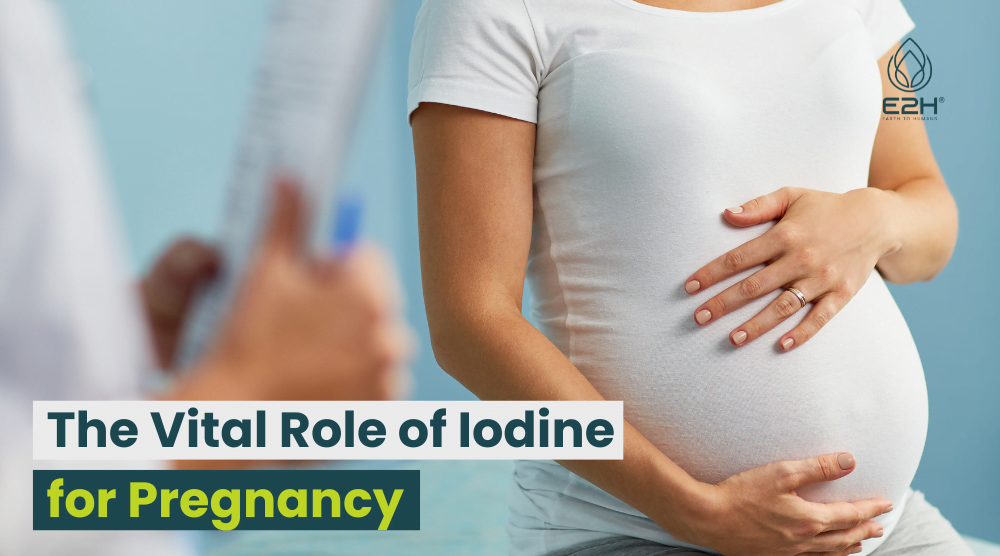Iodine Poisoning: Symptoms of iodine toxicity include abdominal pain, nausea, vomiting, diarrhea, a metallic taste in the mouth, throat soreness, excessive thirst, and potentially severe symptoms such as thyroid dysfunction or electrolyte imbalances.
What causes iodine toxicity?
According to the 2018 annual American Association of Poison Control Center report, 1537 cases were reported due to overdose of iodine orally and topically [2]. Adults’ recommended dietary allowance (RDA) is 150 micrograms/day. It is around 250-270 micrograms/day for pregnant and breastfeeding women to help in the cognitive and brain development of neonates and infants [3], [4].
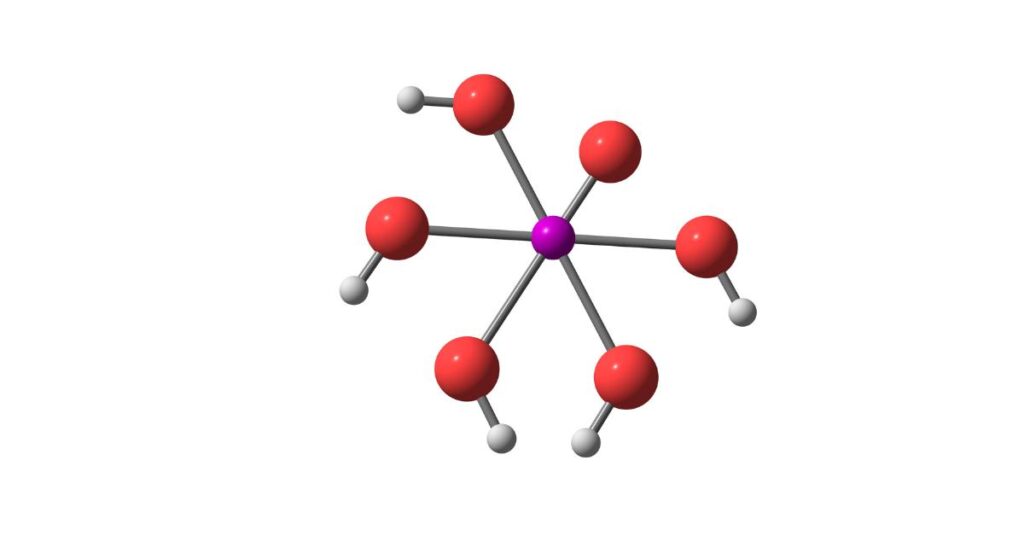
It is safe for most people to consume 1 milligram/day of iodine [5]. Iodine toxicity most commonly occurs if you are uptaking 1.1 milligrams of iodine daily. The sources of excess iodine can be from overconsumption of iodized salt, iodine-rich milk, seaweed, water containing iodine, and dietary iodine supplements.
What are the signs of iodine poisoning?
The symptoms of iodine poisoning range from mild to severe, depending on how much iodine you have uptaken [6].
Mild Symptoms
The mild symptoms of iodine poisoning include:
- Diarrhea
- Burning sensation in your mouth and stomach
- Nausea
- Vomiting
Severe symptoms
The severe symptoms of iodine poisoning include:
- Swelling of your airways
- Skin turning blue (cyanosis)
- Weak pulse
- Coma
Iodine induced hyperthyroidism
Consuming too much iodine can also cause iodine-induced hyperthyroidism. It usually happens with people who take iodine supplements to improve thyroid function.
The symptoms of hyperthyroidism include:
- Fast heartbeat
- Weakness in muscles
- Warm skin
- Sudden weight loss
Possible drug interactions
Iodine can interact with medicines you take. For example, taking potassium iodide with medicines for high blood pressure can raise your potassium levels in the body to an adverse level. Furthermore, anti-thyroid medications such as methimazole to treat hyperthyroidism might react with iodine supplements.
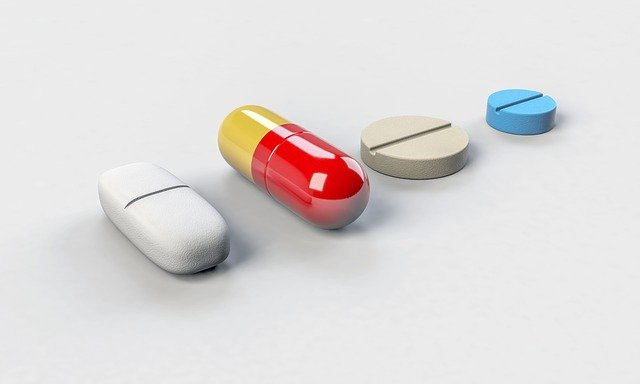
In case of any poison intake emergency, you should directly reach your local poison control centers by calling the national toll-free Poison Help hotline (1-800-222-1222). They are available 24/7, and you can get free and confidential service through your local poison center. 4
How to diagnose iodine poisoning?
Iodine poisoning is a rare condition that requires a broad initial diagnosis and heightened suspicion [7]. However, the actual poison exposure can be determined through certain medical tests. Diagnosis of iodine toxicity is usually based on the patient’s history, imaging, and thyroid function testing. Iodine excretion evaluation can be helpful, but it usually needs to be measured.
How is iodine toxicity treated?
The healthcare provider will monitor the person’s vital signs. Next, the pulse rate, blood pressure, temperature, and breathing rate will be analyzed. After that, based on severity, the person may receive the following:
- Activated charcoal inhibits iodine absorption in the body.
- Airway support, including oxygen, a breathing tube through the mouth (incubation), and supported breathing through a machine (ventilator)
- Blood and urine tests
- ECG
- Laxatives
- Medicines for a quick recovery.
How long does it take for excess iodine to leave the body?
Most of the iodine not collected by your thyroid gland will be eliminated two to three days after treatment. It leaves the body primarily through your urine and can be observed through median urinary iodine content. However, a small amount may leave through saliva, sweat, and bowel movement [8].
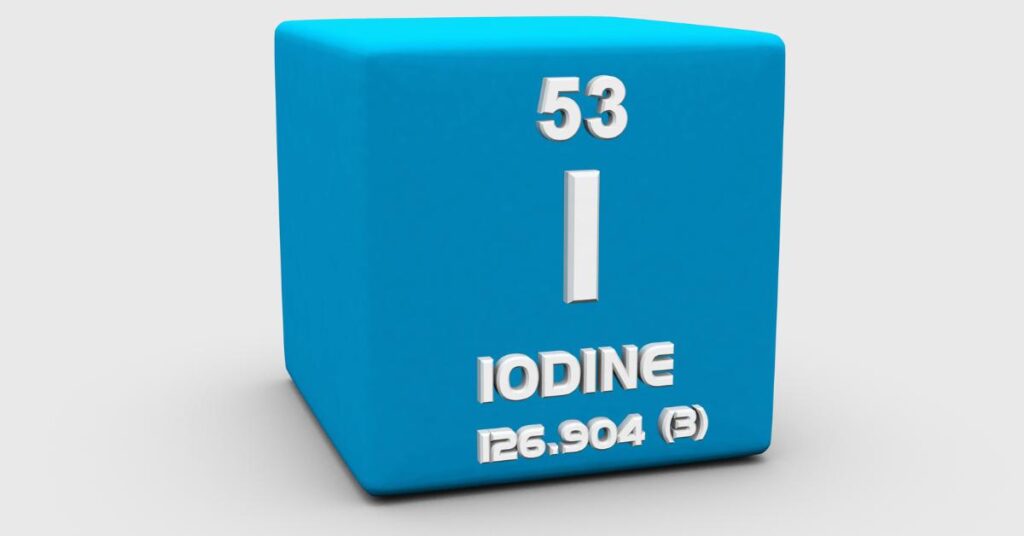
What are the long-term complications of iodine overdose?
Healthy people will tolerate high iodine intakes, which may cause adverse effects in some individuals. Iodine poisoning may lead to thyroiditis, hypothyroidism, and thyroid papillary cancer [9]. In addition, excessive iodine may precipitate goiter and thyroid autoimmunity. Individuals with preexisting thyroid diseases and those who suffer from thyroid disorders are more suspected of iodine poisoning [10]. Therefore, you should treat symptoms outlook and call the national toll to get toll-free poison help anytime.
The takeaway
Excess of everything is bad! Therefore, always use iodine supplements after your doctor or health care professional’s advice to avoid iodine toxicity.
FAQs
What are the symptoms of iodine toxicity?
Symptoms of iodine toxicity may include abdominal pain, nausea, vomiting, diarrhea, a metallic taste in the mouth, throat soreness, excessive thirst, and potentially severe symptoms such as thyroid dysfunction or electrolyte imbalances.
How does iodine toxicity occur?
Iodine toxicity can occur from excessive intake of iodine-rich foods, supplements, or medications. It can also result from accidental ingestion of strong iodine solutions or exposure to iodine-containing substances in certain industrial settings.
When should I seek medical help for suspected iodine poisoning?
If you experience symptoms such as severe abdominal pain, difficulty breathing, chest pain, or swelling of the face or throat after ingesting iodine or being exposed to iodine-containing substances, seek immediate medical assistance. Prompt medical attention is crucial in cases of suspected iodine poisoning.
Conclusion
In conclusion, recognizing the symptoms of iodine toxicity is important for prompt identification and seeking medical assistance. Symptoms such as abdominal pain, nausea, vomiting, and thyroid dysfunction may indicate iodine poisoning. It’s essential to exercise caution with iodine intake, follow recommended dosage guidelines, and seek immediate medical help if symptoms of iodine toxicity occur. Remember, proper usage and moderation are key to preventing the risks associated with excessive iodine exposure.
Reference
Boston, 677 Huntington Avenue, and Ma 02115 +1495‑1000. “Iodine.” The Nutrition Source, 10 Oct. 2022, www.hsph.harvard.edu/nutritionsource/iodine/.
Gummin, David D., et al. “2018 Annual Report of the American Association of Poison Control Centers’ National Poison Data System (NPDS): 36th Annual Report.” Clinical Toxicology (Philadelphia, Pa.), vol. 57, no. 12, 10 Oct. 2022, pp. 1220–1413, 10.1080/15563650.2019.1677022.
Institute of Medicine (US) Panel on Micronutrients. “Iodine.” Nih.gov, National Academies Press (US), 2012, www.ncbi.nlm.nih.gov/books/NBK222323/. Accessed 10 Oct. 2022.
Skeaff, Sheila. “Iodine Deficiency in Pregnancy: The Effect on Neurodevelopment in the Child.” Nutrients, vol. 3, no. 2, 10 Oct. 2022, pp. 265–273, 10.3390/nu3020265.
Southern, Alison P., and Sharhabeel Jwayyed. “Iodine Toxicity.” PubMed, StatPearls Publishing, 2022, www.ncbi.nlm.nih.gov/books/NBK560770/.. Accessed 10 Oct. 2022.
National Institutes of Health. “Office of Dietary Supplements – Iodine.” Nih.gov, 2017, ods.od.nih.gov/factsheets/Iodine-Consumer/. Accessed 10 Oct. 2022.
“Iodine Toxicity.” PubMed, StatPearls Publishing, 2021, www.ncbi.nlm.nih.gov/books/NBK560770/. Accessed 10 Oct. 2022.
“Iodine-131 Therapy for Thyroid Ablation | Monmouth Medical Center.” RWJBarnabas Health, www.rwjbh.org/monmouth-medical-center/treatment-care/radiology-and-diagnostic-imaging/radiological-procedures/iodine-131-therapy-for-thyroid-ablation/. Accessed 10 Oct. 2022.
Leung, Angela M., and Lewis E. Braverman. “Iodine-Induced Thyroid Dysfunction.” Current Opinion in Endocrinology & Diabetes and Obesity, vol. 19, no. 5, 10 Oct. 2022, pp. 414–419, 10.1097/med.0b013e3283565bb2.
Kolcsár, Melinda, and Zsolt Gáll. Prevention and Treatment of Iodine-Induced Thyrotoxicosis. 2022. Www.intechopen.com, IntechOpen, 10 Oct. 2019.
